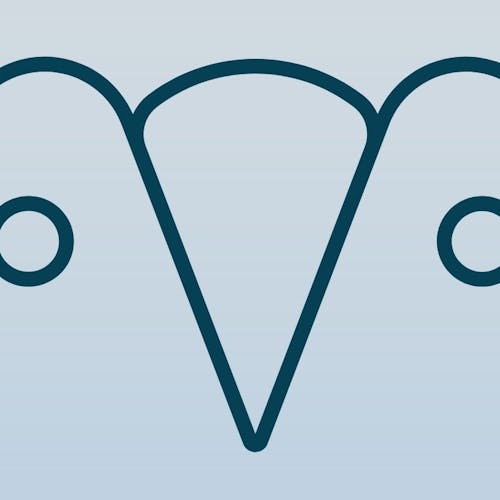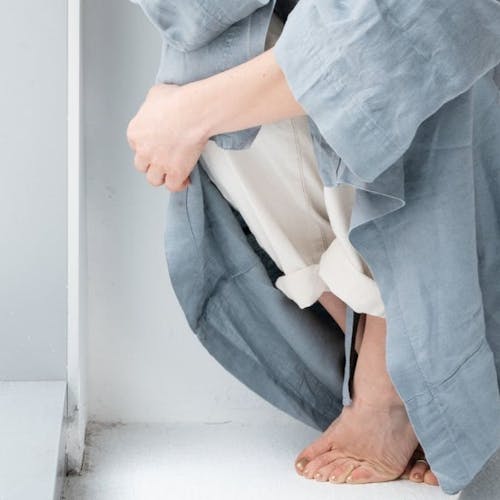This website uses cookies to enhance the user experience. By using Yoppie you are agreeing to our use of cookies.
How Smoking Affects Your Period, And The Best Time In Your Cycle To Quit Successfully
Written by Yoppie
31 May 2021
First of all, how are smoking and vaping different?
How does nicotine affect the menstrual cycle?
How does nicotine affect fertility?
OK, so smoking is bad… why is it so hard to quit?!
How do I synchronise quitting to suit my cycle?
Lots of factors can affect your menstrual cycle, but one that isn’t talked about a whole lot is smoking. If you suffer from premenstrual syndrome (PMS), the nicotine present in cigarettes and e-cigarettes could be negatively impacting and exacerbating your symptoms each month. Understanding how your smoking habits can affect your cycle, and vice versa, could help you ease symptoms.
And if you’re looking to quit altogether? Mark your calendar, because we have the exact times you’ll want to throw away those ciggies for the best results. Let’s get to it...
First of all, how are smoking and vaping different?
We all know what smoking is, but what’s this vaping thing all about? It’s become popular in recent years, sometimes as a habit in itself, and other times as a stepping stone to quitting cigarettes. A 2019 UK trial found that, when combined with in-person support, those who used e-cigarettes to quit smoking were twice as likely to succeed as those using nicotine replacement products like gum or patches.
E-cigarettes don’t burn tobacco, so they don’t produce the most toxic elements of smoke; tar or carbon monoxide. They do, however, contain nicotine. Vape pens use a liquid with between one third and a half of the nicotine found in cigarettes, but they can contain other harmful chemicals too, and all the risks of vaping are not yet known. In summary, vaping is less dangerous than smoking, but still contains nicotine which affects the menstrual cycle.
How does nicotine affect the menstrual cycle?
You may notice your PMS symptoms worsening when you smoke, or you may not, but the nicotine could still be having a negative impact on your cycle. A 2020 analysis of 13 different studies involving over 25,000 subjects found that nicotine made them 1.5x more likely to experience worse PMS (premenstrual syndrome) symptoms in the days leading up to their period, like depression, irritability, sleep problems and cramps.
And if you suffer from PMDD (premenstrual dysphoric disorder), smoking can make symptoms even more intense, with the same study finding that PMDD sufferers were 3x more likely to experience worse symptoms.
There’s also research suggesting that smoking can shorten your cycle, for example, this study found heavy smoking (meaning at least 20 cigarettes a day) was associated with a 4x increased risk of having a cycle last less than 25 days, as opposed to not smoking.
How does nicotine affect fertility?
Just as above, the nicotine in cigarettes can cause your cycle to shorten in length, but there are other reasons to believe it could affect your fertility. In fact, some researchers agree that smoking can affect every phase of conception, with smokers being at a higher risk of not ovulating, and lessening the chance that a fertilised egg will implant in the uterus. Nicotine can also mess with the function of the fallopian tubes and stop an egg from making it all the way to the uterus. When this happens, it can increase the risk of experiencing ectopic pregnancy, which can be dangerous.
It has also been found that smokers who receive in vitro fertilisation (IVF) treatment are less likely to have a successful conception.
OK, so smoking is bad… why is it so hard to quit?!
Quitting smoking is no easy feat, and anyone who has tried will know that it takes a LOT of willpower. Add to that research showing women tend to become addicted to cigarettes faster than men, and can have a harder time quitting - yes, you guessed it, it’s likely down to our menstrual cycle calling the shots and having allllll the cravings. This is naturally going to affect our ability to avoid cigarettes and make the healthier choice when stress is involved.
How do I synchronise quitting to suit my cycle?
If you track it… you can hack it! By that we mean, if you pay attention to your cycle and understand how your mood and cravings are affected at each stage, you can choose to quit during the time of the month where you know you will crave nicotine less.
“When will that be?!” we hear you cry. Well, data shows the urge to smoke is usually stronger at the start of the follicular phase (the one that begins after menstruation), due to a decrease in the hormones oestrogen and progesterone. Then, the ovulation phase is likely to decrease the symptoms of nicotine withdrawal. With physical withdrawal lasting only about one week, quitting around two weeks before your period is thought to be the ideal timing.
Research has even found that fluctuating hormone levels could affect the way we respond to “smoking cues”, for example, just the smell of a cigarette, or a colleague asking us to go outside for a break. Keeping this in mind throughout your cycle could help you manage not only your internal cravings, but your response to certain stimuli.
Have you quit smoking, or tried to quit in the past? Do you think your menstrual cycle played a part in your success or having to start over? We’d love to know if you noticed a connection. Tell us about your experience in our private Facebook group or drop us a note on Insta @itsyoppie. Don't forget that our personalised period box can get organic tampons, PMS supplements and more delivered easily and regularly through your letterbox, which gives you some more free headspace to help kick the habit.
Fact checked by Doctor Samantha Miller.
Section jump
Back to top
Subscribe To Our Newsletter
YOPPIE





© 2026 Yoppie is a registered trademark of Phlo Technologies Ltd.
Yoppie's supplements are not a substitute for a varied diet and healthy lifestyle and are not intended to diagnose, treat, or cure any disease. If you are pregnant, breastfeeding, have a medical condition or are under medical supervision, please consult with your doctor before taking any of our products.






